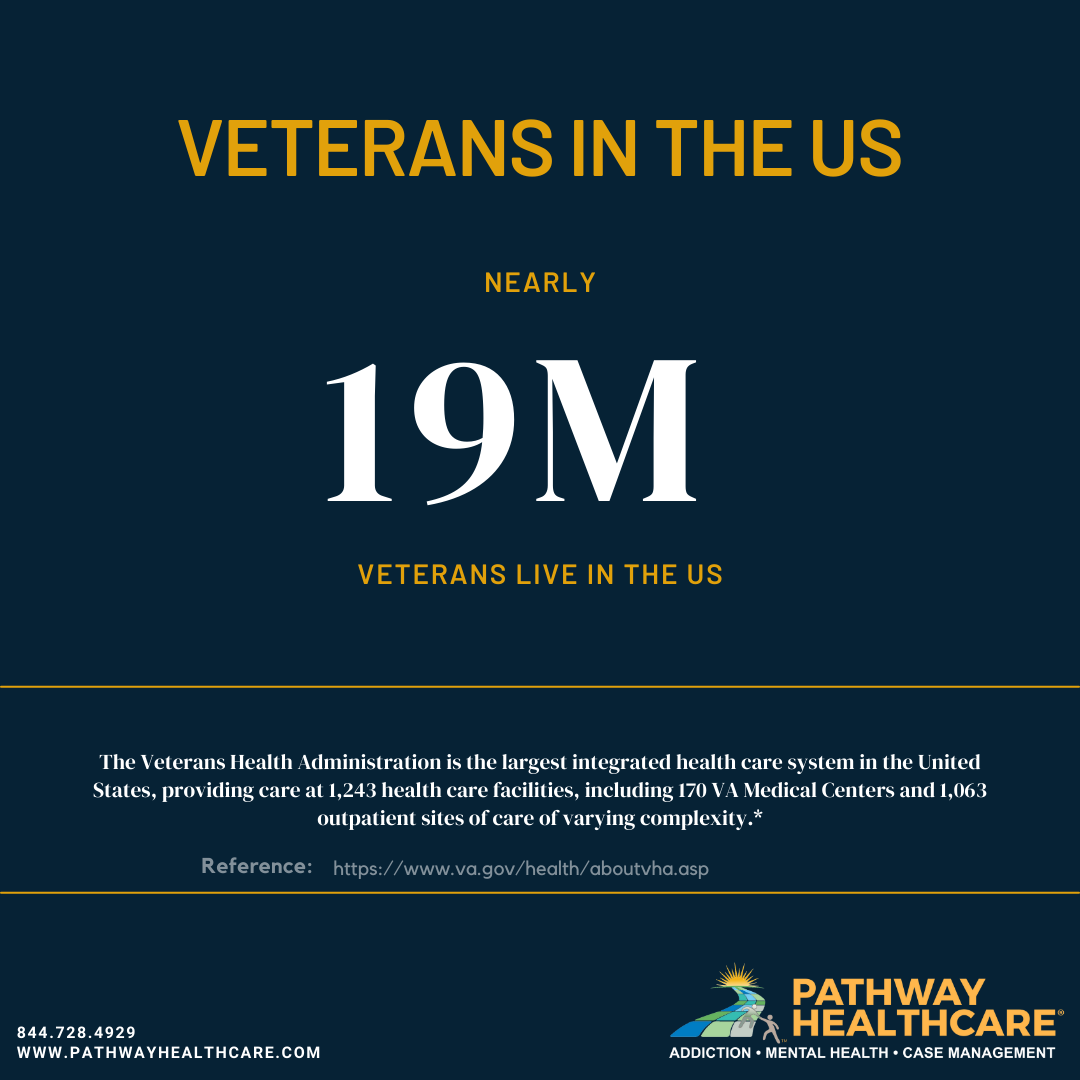Know the Dangers of Sober January
It’s a New Year and you’ve resolved to stop drinking alcohol and/or using drugs. It’s a great decision to take control of your actions and your body. Being that we are only a few days into the New Year, many of you are taking on the Sober January or Dry January mantra. However, if you have been a consistent drinker or user of drugs, quitting cold turkey may be dangerous for you. You may view yourself as a casual drinker or recreational drug user and not know the damage alcohol and drugs have already done to your body and/or brain.
As our understanding of addiction and substance use disorders, including alcohol use disorder, have evolved, both are now classified as chronic diseases. Diseases require medical attention and a medical plan. They are not about moral failings or decision making, but rather physiological and psychological changes to a person’s body.
Why is quitting cold turkey dangerous? While your will says you want to stop drinking and/or using drugs, your body, including your mind, is working on its own. Addictive drugs and alcohol change a person’s brain chemistry. Alcohol, for instance, is a depressant and to compensate for the effects of alcohol, the brain will produce large amounts of stimulants, such as norepinephrine. When a person stops drinking or using drugs, the brain will continue to produce large amounts of these stimulants. This production can lead to dangerous withdrawal symptoms.
When is the most dangerous time for someone detoxing? The most dangerous period is within the first 48 hours of someone consuming their last drink of alcohol or consumption of drugs. Initial symptoms may feel like the flu, a bad cold, or Covid. Initial symptoms may last for up to a week before delirium tremens (DT’s) occur (reduced blood flow to the brain and other body systems).
What are the symptoms of withdrawal? Withdrawal symptoms may include, but are not limited to, hallucinations, tremors, seizures, nausea and vomiting, psychotic episodes, nightmares, and insomnia.
Why does someone need medical supervision? Quitting alcohol and drugs without proper medical supervision can be dangerous to a person’s health. Doctors, nurses, psychiatrists, and counselors who are trained in addiction medicine can create personalized treatment plans, which may include prescriptions to counter-balance the withdrawal symptoms, as well as counseling to discover the underlying reason for the alcohol and/or drug use. Additionally, a long-term medical plan can help with a successful, long-term recovery.
We applaud your decision to take control of your health and want to do all we can to help you be successful. At Pathway Healthcare we create patient-centered treatment plans on an outpatient basis. We have fourteen locations throughout Alabama, Mississippi, Tennessee, and Texas. Call today to schedule your appointment 844.728.4929 or visit www.pathwayhealthcare.com.










